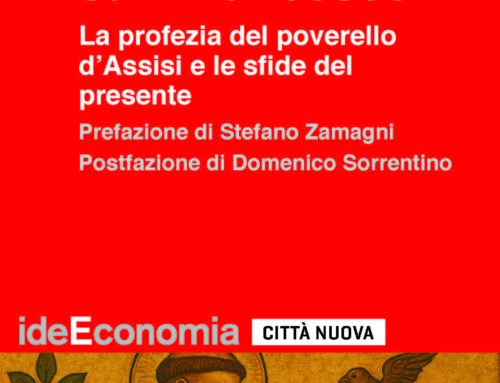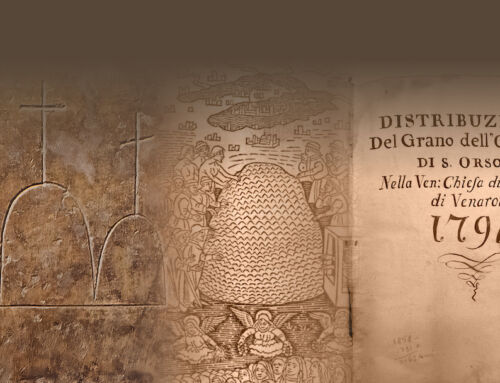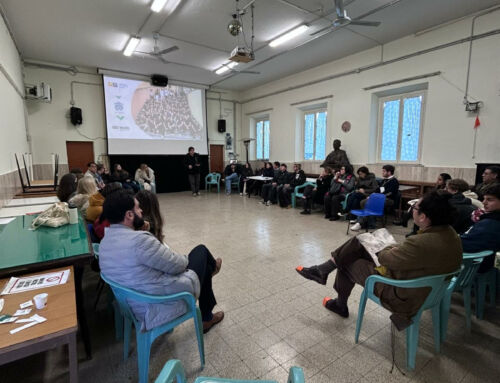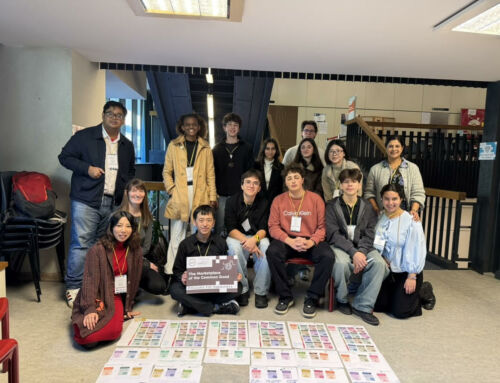The benefit from gratuitousness.
A special mindset for performing management practices
by Marta Magnani
From Management and Gift Village
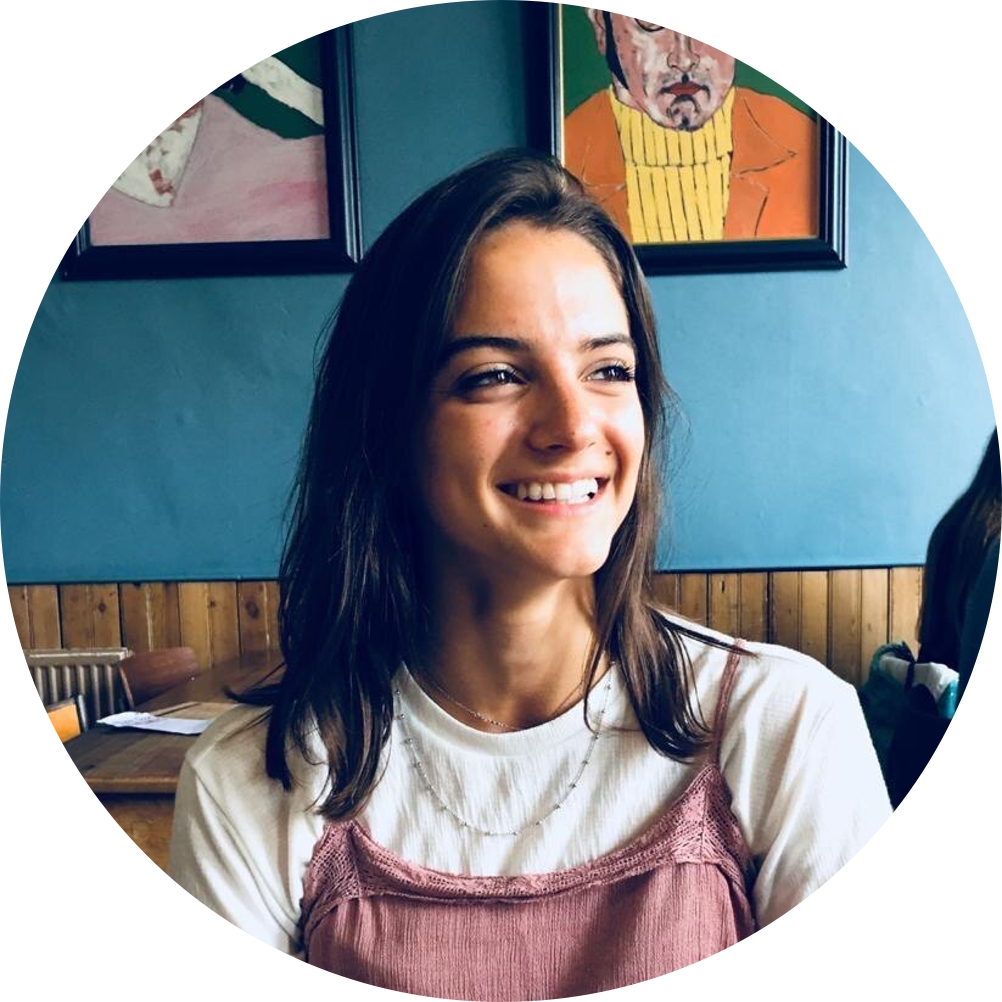
According to the experience you have made in these months with your village, what is the relationship between Management and Gift?
Well, the answer is not easy since through these months we have seen how blurred is the boundary between something that can seem a personal and inner call (the personal vocation to gratuitousness), and a concrete necessity of developing some methods to not lead the whole company structure to the mere research of profit. Especially because the hurried race to profit is leading us to forget about what our Life on this Earth needs to be defined truly “valuable”: the sense of personal and work realization; time of quality to dedicate to our dear ones; doing a job that is not harming the surrounding people and environment, and so on.
So, I think that the relationship between management and gift consists of firstly identifying those mechanisms in the management process that merely lead to profit interests. Then, see if the research of profit interests has positively affected – or not – other aspects that usually benefit from gratuitousness (personal realization, freedom of creativity, social responsibility, care of environment…). And then conclude if the mere research of profit has been good or not. To apply this way of evaluating the performance of a management task, the management and entrepreneurs schools must start teaching about the necessity of introducing new measures to evaluate the performance of a company.
Furthermore, it is fundamental to see gratuitousness, not as an “optional” behaviour that someone can decide to follow or not, but it needs to become a shared and serious taking of responsibility. On this way, the multifaceted theme of gratuitousness becomes not only about the personal effort that someone can decide to invest or not, but it is about the mindset of a whole company’s equipe that takes the responsibility of living its hinc et nunc (here and now) in the most inclusive and less nocive way possible.
What EoF activities that have been carried out have had the greatest impact on you?
Well, the webinars have been a great occasion to listen to the ideas of people that are still working in these themes. I appreciated the possibility to have webinars organized by both the whole EoF, and both by the single villages. This possibility perfectly reflects what Pope Francis wants to communicate to us in Laudato Si’: trying to have a whole and integral vision of the numerous problems that are affecting our era, to not forget those realities of the World that need more attention and care.
Furthermore, the possibility of meeting people from all around the world is something rare and extremely enriching: in the everyday life it is easy to be bombed by bad news on our platforms and to start thinking that we are alone in caring about some specific themes (care, research of sense, attention to the others; etc.). Thanks to this occasion, we have seen that many problems are perceived in really similar ways all around the world. In particular, the great thing was to listen simultaneously to the different perspectives of each person.
What is your inner call?
This is the most difficult question, I think. I admit that the experience of EoF is helping me to confirm some interests that I had in my heart but that I had not yet had the opportunity to express. I have always tried to orient my studies and interests in something that could have been somehow useful and fruitful for society, not just for myself. With this personal aim, I discovered how fundamental is nowadays learning to not worry about just ourselves but also others, even though they are on the other side of the planet. This practice of looking to the needs of others is what Pope Francis asks us in Laudato Si’ to cope with nowadays environmental, economic and social problems. Now that the consequences related to this un-efficient society are becoming more pervasive, we are realizing that none is exonerated from the responsibility of doing -since today- our best to protect our Casa Comune (Common Home).

